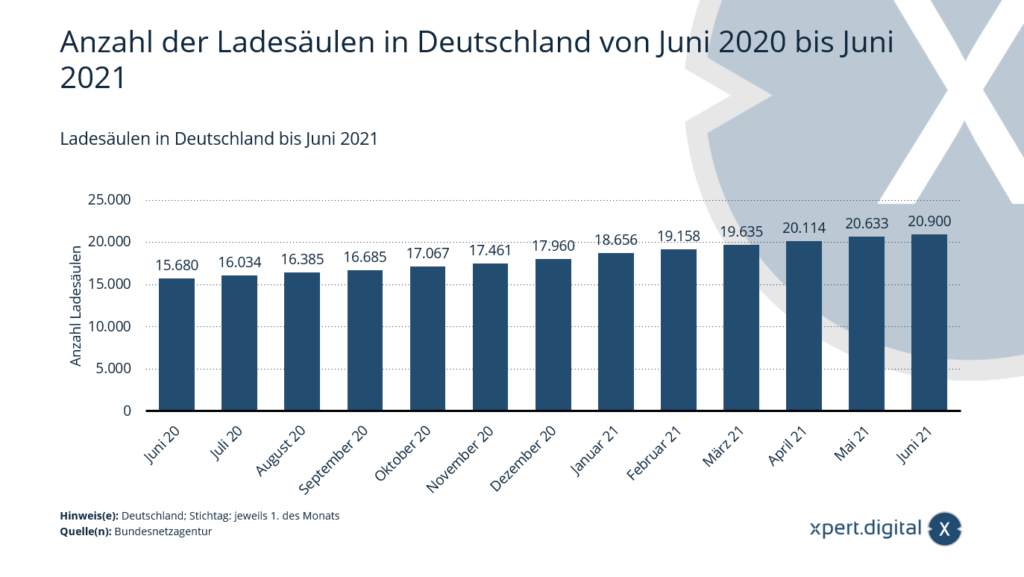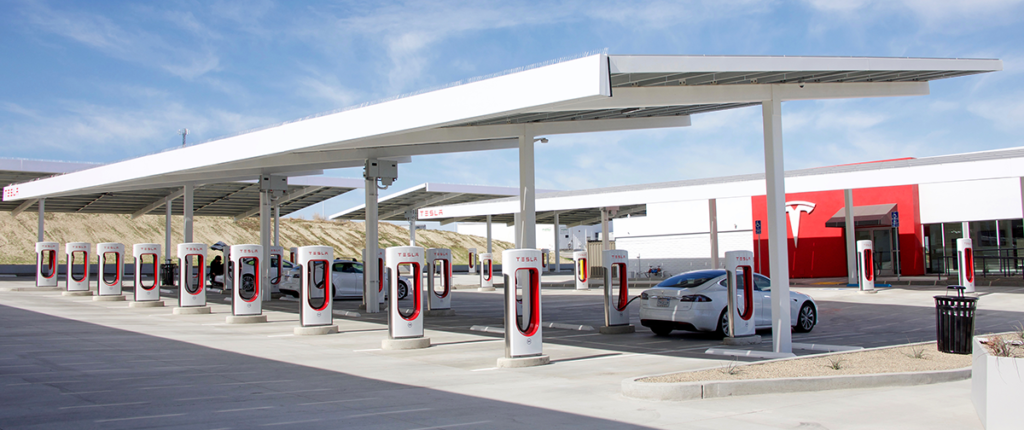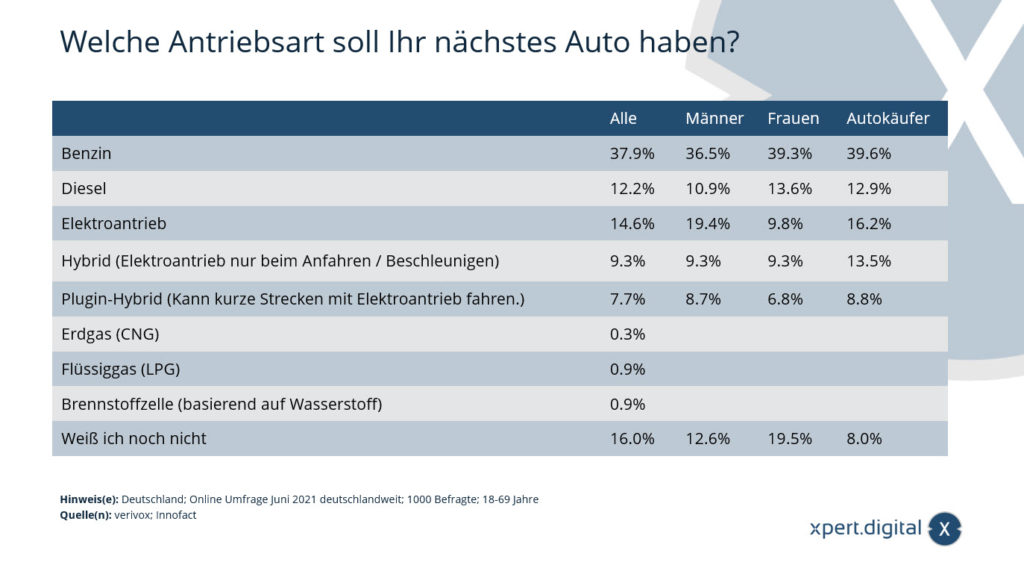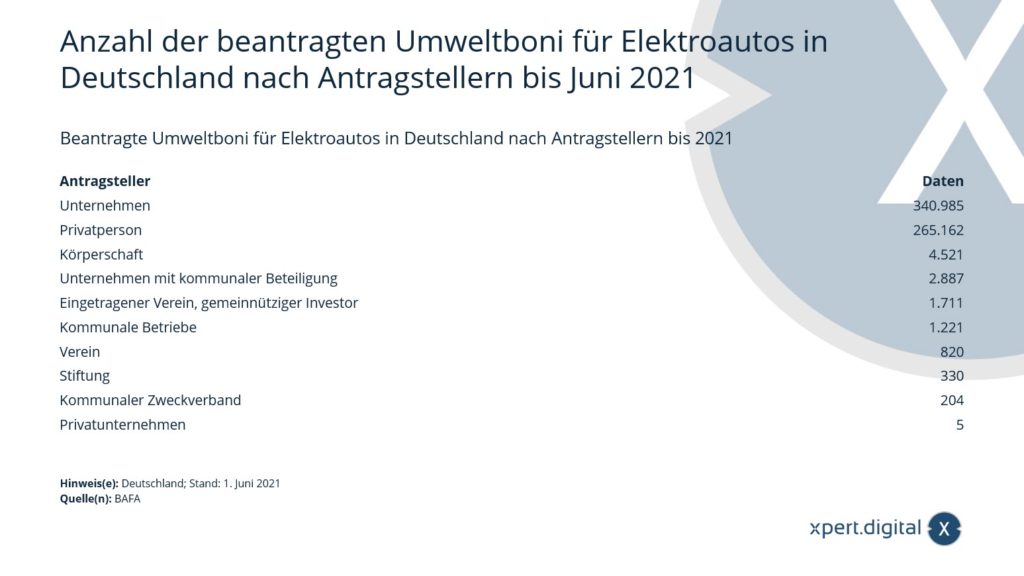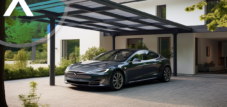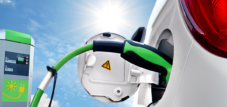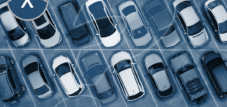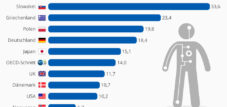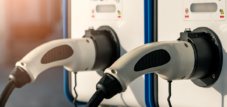3 to 6 million charging points by 2030? The solution with solar carports?
Language selection 📢
Published on: July 23, 2021 / update from: August 4, 2021 - Author: Konrad Wolfenstein
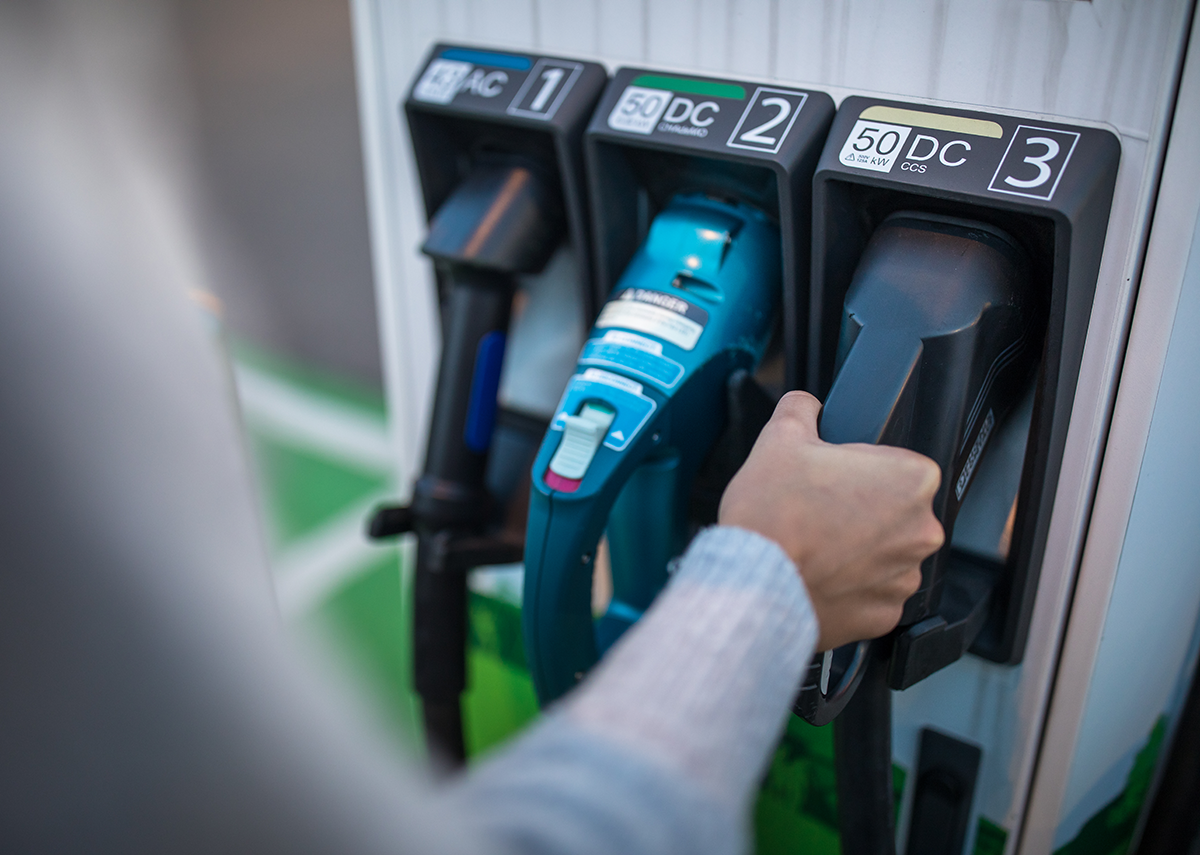
3 to 6 million charging points? The solution with solar carports? – Image: lightpoet|Shutterstock.com
Around 6 million charging points are necessary to further reduce CO2 emissions by 50% by 2030
According to the Federal Network Agency, over 2,200 new charging stations for electric cars have been put into operation so far this year (as of June). The record year so far is 2019 with over 5,000 new charging stations. This means that the pace of expansion is roughly at the same level as the previous year. That may not be fast enough for Frans Timmermans' ambitious plans. According to the EU Climate Protection Commissioner, combustion engines will be phased out as early as 2035. Internal Market Commissioner Thierry Breton wants to achieve this goal by 2040 at the earliest.
📣 Electromobility solar solutions for industry, retail and municipalities
Everything from a single source, specially designed for electromobility solar solutions. With your own solar solution you can refinance or counterfinance into the future.
🎯 For solar engineers, plumbers, electricians and roofers
Advice and planning including a non-binding cost estimate. We bring you together with strong photovoltaic partners.
👨🏻 👩🏻 👴🏻 👵🏻 For private households
We are positioned across regions in German-speaking countries. We have reliable partners who advise you and implement your wishes.
However, this would require a massive expansion of the charging infrastructure . By 2030 there should be three million charging stations in Europe. There are currently fewer than 225,000, of which around 21,000 are in Germany.
Development of the number of charging stations in Germany
- 15,680 charging stations – June 2020
- 16,034 charging stations – July 2020
- 16,385 charging stations – August 2020
- 16,685 charging stations – September 2020
- 17,067 charging stations – October 2020
- 17,461 charging stations – November 2020
- 17,960 charging stations – December 2020
- 18,656 charging stations – January 2021
- 19,158 charging stations – February 2021
- 19,635 charging stations – March 2021
- 20,114 charging stations – April 2021
- 20,633 charging stations – May 2021
- 20,900 charging stations – June 2021
The EU Commission has calculated that around 6 million public charging points will be necessary by 2030 in order to achieve a further 50% reduction in CO2 emissions.
For this purpose, the Green Group leader Anton Hofreiter has called for a massive acceleration when expanding the charging infrastructure for electric cars. "I consider ten billion euros to be the adequate size of public investments, which we have to make quickly for the expansion of the charging stations," Hofreiter told the "Business Insider".
How many types of charging stations are there?
charging point
A charging point is defined as a facility where only one electric vehicle can be charged at a time. A charging point is public if it is located either in public street space or on private property, provided that the parking space belonging to the charging point can actually be used by an undetermined group of people or who can only be determined according to general characteristics.
Charging station
Charging stations where several vehicles can charge at the same time consist of several charging points, all of which must have at least the required plug connections.
Wallbox
A charging point for your own private area, e.g. B. in your own garage.
We have been writing about the fact that time is running out to advance the expansion of the charging infrastructure for a long time. The simplest solution lies in the combination of climate-friendly and, above all, infrastructural requirements:
- Electric vehicles
- Solar carports
- Charging options
- Electricity storage
More about it here:
Demand for electric cars, the solar requirement and EU directives are driving the expansion of the mobile solar infrastructure
Tesla solar filling station with 40 solar carports , all powered by solar power. With Supercharger stations, Tesla cars can be quickly charged on the grid within an hour.
According to a survey by the comparison portal Verivox, 25% of potential car buyers are interested in buying an electric vehicle. The petrol engine remains the front runner with 37.9%. Diesel cars at around 12% are already behind electric cars in terms of buying interest in the near future.
Overall, 14.6 percent of all survey participants said their next car should be a purely electric car. 7.7 percent plan to buy a plug-in hybrid. These are vehicles that drive short distances (around 50 kilometers) independently using electric drive and which are also supported by the federal government's purchase bonus.
The mood is even clearer among those surveyed who would like to buy a car in the next 12 months. 25.0 percent of them even want an electric drive - predominantly a purely electric car (16.2 percent), less often a plug-in hybrid (8.8 percent). 1,000 private car owners were interviewed for the survey.
The downside, however, is that a high proportion of registrations for electric cars are predominantly company cars rather than private vehicles. Just like pure electric cars, plug-in hybrids offer employees a tax advantage if they also use the car privately. This is attractive, even if in practice the car only runs on petrol or diesel.
Who and how many applied for the environmental bonuses for electric cars in Germany?
- Company – 340,985 electric cars
- Private individual – 265,162 electric cars
- Corporation – 4,521 electric cars
- Companies with municipal participation – 2,887 electric cars
- Registered association, non-profit investor – 1,711 electric cars
- Municipal companies – 1,221 electric cars
- Club – 820 electric cars
- Foundation – 330 electric cars
- Municipal special purpose association – 204 electric cars
- Private company – 5 electric cars
- Freelancer – 2 electric cars
- Sole proprietor – 2 electric cars
- Registered cooperatives – 1 electric car
- Church, ecclesiastical institution, recognized religious community. – 1 electric car
Nevertheless, Mehrzeit believes that the future belongs to purely electric cars. 32.4% of those surveyed are of the opinion that purely electric cars will gain the most market share in the next 10 years. Among men it is almost 40 percent. This means that electric vehicles are well ahead of classic hybrids (16.2 percent) and vehicles with fuel cells (14.4 percent).
Those who are currently hesitant to buy an electric car most often give the reason that the range is too short (46.7 percent). A high purchase price (41.5 percent) and too few charging stations (41.2 percent) are further reasons that skeptics currently argue against an electric car.
Little fundamental rejection, more technical reservations about electric cars. 23.3 percent think that the ecological advantage is not big enough, 12.3 percent say that they have simply gotten used to gasoline or diesel engines and only 3.4 percent simply do not attach any importance to CO2 savings.
Very few people want to do without individual mobility in the future. The question was asked about the plan for the next car purchase. Only 4.6 percent responded that they probably no longer wanted to buy a car.
In your opinion, what are the most important reasons that stop you from buying an electric car?
- 46.7% – Low range
- 41.5% – High purchase price
- 41.2% – Too few charging stations
- 33.1% – Long loading times
- 32.9% – No way to charge at home
- 23.3% – I believe the environmental benefit is not big enough
- 17% – I think fuel cells (based on hydrogen) are more of the future
- 16.7% – technology not fully developed
- 12.3% – I’ve gotten used to petrol/diesel
- 3.4% – I don’t value CO2 savings
- 2.9% – Something else
Planning to purchase a car within the next 12 months. What's stopping you from buying an electric car?
- 48.7% – Low range
- 40.2% – High purchase price
- 42.4% – Too few charging stations
- 37.1% – Long loading times
- 32.1% – No way to charge at home
- 18.8% – I believe the environmental benefit is not big enough
- 14.7% – I think fuel cells (based on hydrogen) are more of the future
- 14.3% – technology not fully developed
- 14.3% – I’ve gotten used to petrol/diesel
- 3.6% – I don’t value CO2 savings
- 1.3% – Something else
Planning to buy a car in the next 3 years. What's stopping you from buying an electric car?
- 46.2% – Low range
- 41.5% – High purchase price
- 42.2% – Too few charging stations
- 32.1% – Long loading times
- 36.1% – No possibility to charge at home
- 22.7% – I think the environmental benefit is not big enough
- 15.9% – I think fuel cells (based on hydrogen) are more of the future
- 15.5% – technology not fully developed
- 12.6% – I've gotten used to petrol/diesel engines
- 4.3% – I don’t value CO2 savings
- 4% – Something else
With us, with Xpert.Solar, push the expansion of the infrastructure for electromobility. Develop, plan and build solar carports with Xpert.Solar
I would be happy to serve as your personal advisor.
You can contact me by filling out the contact form below or simply call me on +49 89 89 674 804 .
I'm looking forward to our joint project.
Xpert.Digital – Konrad Wolfenstein
Xpert.Digital is a hub for industry with a focus on digitalization, mechanical engineering, logistics/intralogistics and photovoltaics.
With our 360° business development solution, we support well-known companies from new business to after sales.
Market intelligence, smarketing, marketing automation, content development, PR, mail campaigns, personalized social media and lead nurturing are part of our digital tools.
You can find out more at: www.xpert.digital – www.xpert.solar – www.xpert.plus



